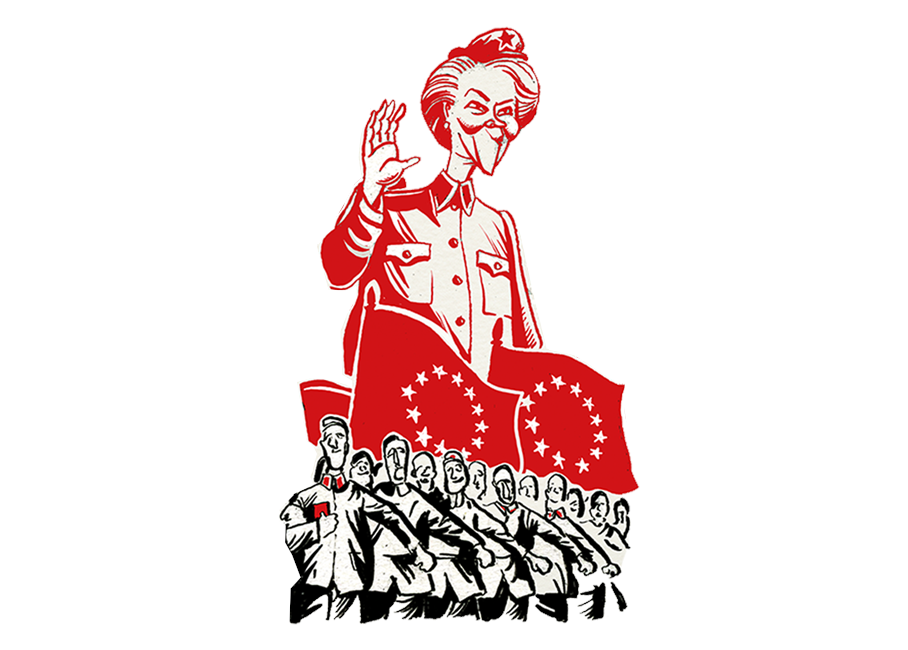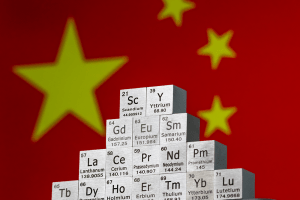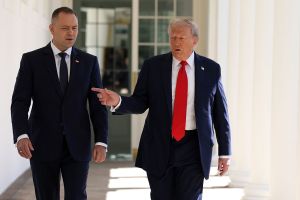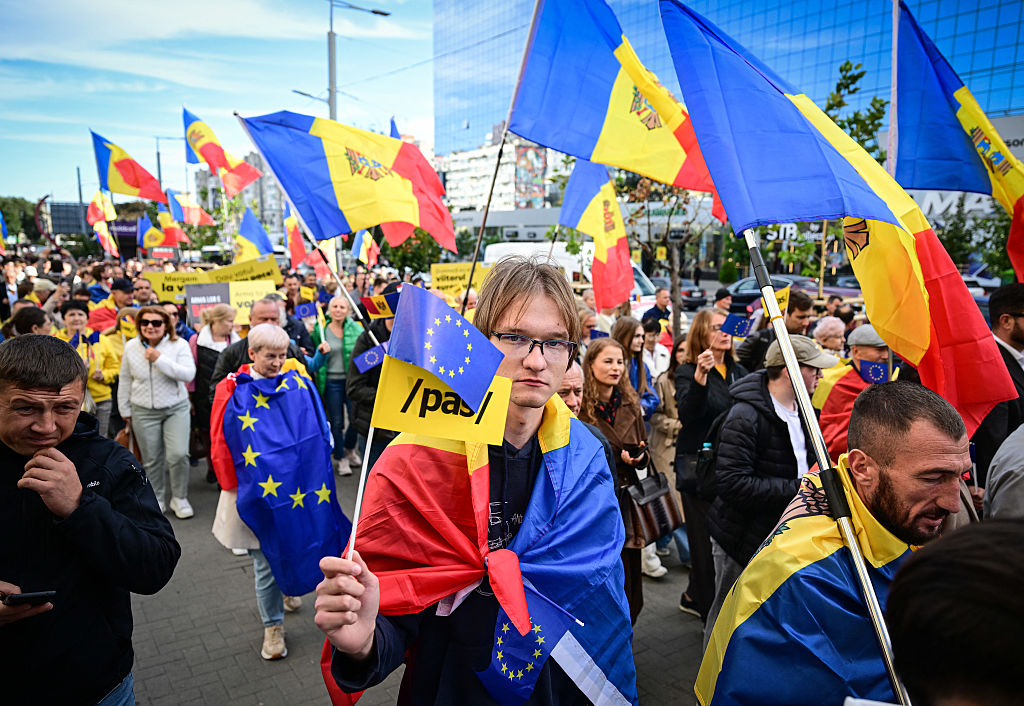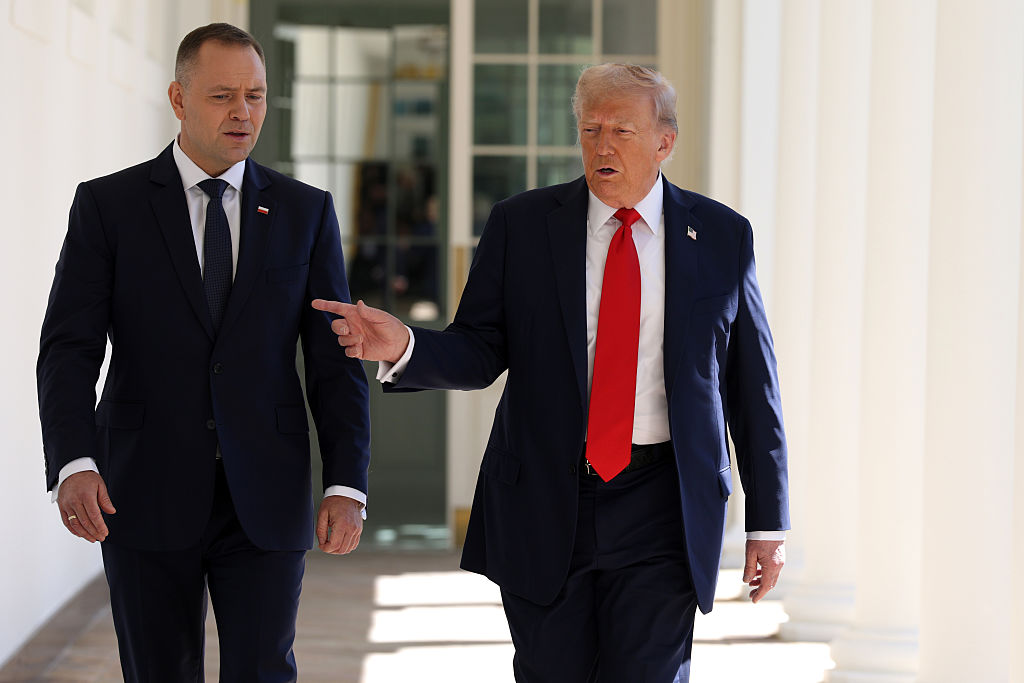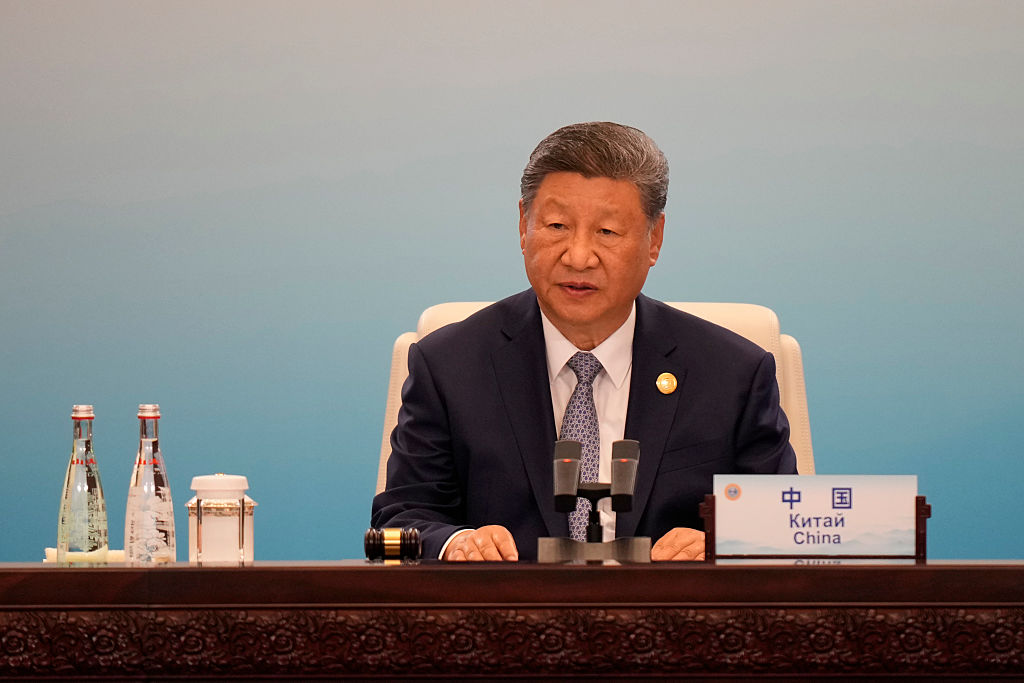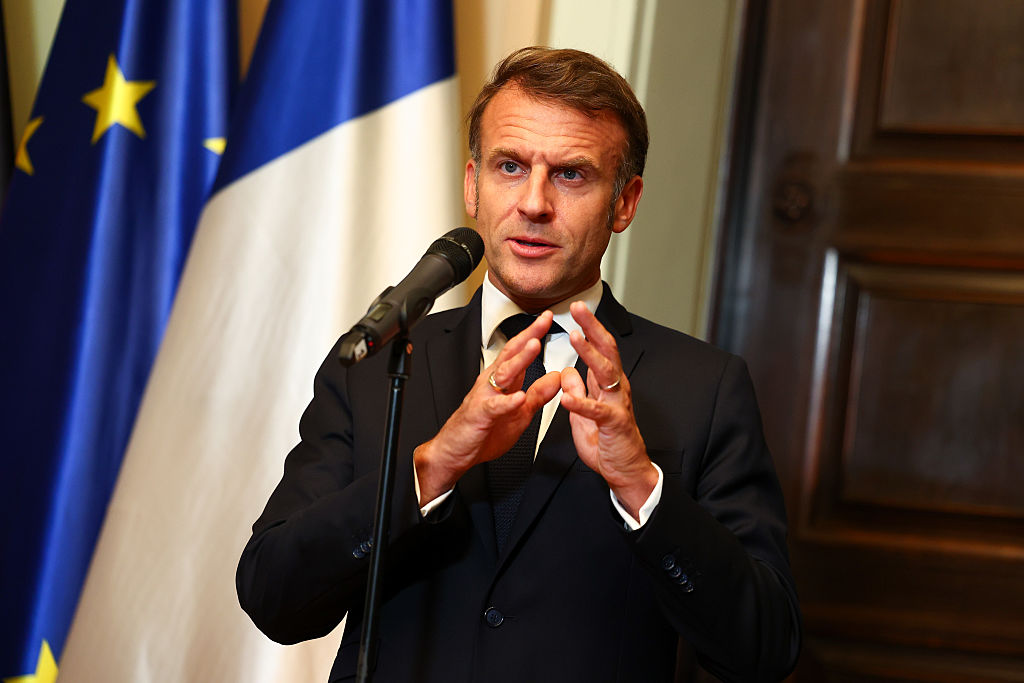Much like Mark Twain’s apocryphal quote about arguing with idiots who ‘drag you down to their level and beat you with experience,’ Europeans should think twice about whether they want to try to compete with China when it comes to the use of economic power in pursuit of geopolitical ends.
‘It’s useless moaning about it,’ the German foreign minister Heiko Maas (correctly) told journalists last week, when discussing Chinese economic power at a meeting of EU foreign ministers in Brussels. The EU foreign ministers tasked the European Commission on Monday with preparing a European ‘strategic response’ to China’s Belt and Road Initiative (BRI).
Provisionally dubbed ‘A Globally Connected Europe’ — though still in search of a name and a logo — the European response aims to ‘identify and implement a set of high impact and visible projects and actions globally’ by deploying a variety of public financing tools to channel European private investment into ‘connectivity’ in countries that may have been attracted by the prospect of Chinese investment.
There are several problems with the EU’s ‘alternative’ to the Belt and Road Initiative. For one, it starts with a misdiagnosis of the situation. China’s use of investment abroad to extract political concessions is important, but not the main story of the present day. Total investment under the BRI peaked in 2015. And because of the shock from COVID-19, a greater alertness of Western governments to Chinese investment, and China’s own policies, it is not clear whether China will continue its steady expansion of its global economic reach.
Chinese technological theft should remain the main concern for the West, since that could be turned into a strategic advantage for the regime. Encouraging EU firms to go on a global investment spree underwritten by the taxpayer, as the EU’s new initiative seems intent to do, is almost the opposite of what needs to be done. Instead there needs to be a better screening of Chinese investment in the EU and more encouraging technologically advanced EU firms to leave China and allied countries where they may fall victim to the CCP’s predation.
The European Council’s announcement also lacks goals, priorities, and strategy. The very idea of ‘connectivity’ is an abstraction at the expense of geopolitical and geographic realities. Investment and infrastructure rolled out in areas as diverse as Central Asia, sub-Saharan Africa and the Balkans is going to involve a huge number of policy prescriptions. But this complexity is set aside by the European Council completely.
Chinese investment under BRI also covers a vast geographic and thematic territory, but that is a reflection of the CCP’s opportunistic nature. Chinese investment abroad is not driven by a search for the highest economic or social rate of return but an attempt to find the weakest links in societies, which can be used as levers of political influence. If the projects China invests in are white elephants, or involve corruption and environmental degradation, that does not matter to the CCP.
The EU is a completely different political animal. It is not driven by ruthless self-interest or aiming to extract concessions from indebted governments. And its multi-layered bureaucratic nature makes it risk-averse rather than geared toward seizing opportunities. In its idealistic quest to use public funds to support countries to the EU’s east and south, the bloc risks being fleeced by opportunistic kleptocrats. ‘Sustainability,’ ‘comprehensiveness’ and a ‘rules-based’ program aren’t going to save the day either, especially when it comes to day-to-day guidance on priorities for financing.
After all, there are already important questions to be asked about the effectiveness of EU spending inside the EU. The bloc has done a poor job policing the behavior of its own corrupt leaders — Viktor Orbán and Boyko Borisov to cite just two — who siphon away European resources for their patronage schemes. One study found that EU funds ‘provided additional public resources available for corrupt rent extraction’, leading to a measurable adverse effect on corruption. The challenge of keeping European financing projects on track in poorly governed countries further afield is bound to prove much more daunting than disciplining corrupt eastern European governments.
And for what end? Competing with China – which Europeans should absolutely do — means neither competing on China’s terms nor emulating it. China’s economy is dominated by a totalitarian government which blurs the boundaries between the private and public sectors. The party can direct nominally private companies to pursue its ends at a whim and can, should the need arise, make businesspeople disappear. That is not a contest in which the EU and other western economies — founded on the principles of rule of law, democracy, and market competition — should participate.
Instead of letting the Commission run with an ill-defined brief, EU leaders should go back to the drawing board. They must state their priorities clearly and outline a path informed both by geopolitical realities and by a sober account of Europe’s strengths and weaknesses — not by a half-hearted merger of the EU’s notorious idealism with CCP-style coercive diplomacy.
This article was originally published on The Spectator’s UK website.



